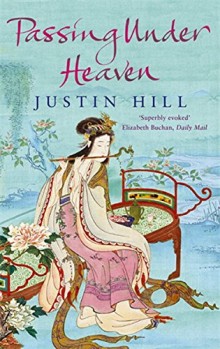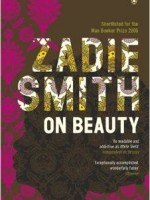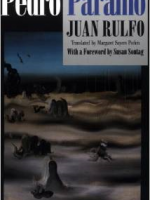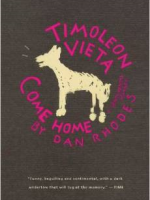 Passing Under Heaven
Passing Under Heaven
Fiction
Abacus (UK)
2005
440

When Scholar Yu proclaims: “All worry in life begins from learning to read and write” to the young Lily, he doesn’t realise the prophetic nature of his words. His adopted daughter, Little Flower, as she is then called, is destined to be a woman shaped by the power of the words she writes and recites. Lily, or Yu Xuanji, was a real courtesan of the ninth century Tang dynasty in China. Justin Hill brings her to life in her various incarnations in Passing under Heaven, and examines the fate of women in China over one thousand years ago.
When we first meet Lily, she is still Little Flower who lives with her mother. Both patiently await the return of her General father but he never comes back and her mother commits suicide. Scholar Yu and his family adopt her only to sell her, aged 16, as a concubine, which was also her mother’s fate. Life with Minister Li starts out as an idyll of domestic bliss and reciprocated attraction. Happy with her lot, she feels inspired enough to start composing her now legendary poetry. Combined with her beauty, she is in constant demand, wheeled out at parties like a trinket to recite. At one such gathering, she suitably impresses the assembled guests who remark that she is: “so clever for a girl”.
Lily is not a very formidable concubine. She may be very obliging in Minister Li’s bed, but she also throws tantrums, sulks and is possessive. She fails to realise that her power, if she has any, lies in giving Minister Li what he wants, (a competent sex slave), and aggravation is what he doesn’t want. Lily also seems genuinely unaware of her status as a commodity until Minister Li takes another concubine. Infuriated, Lily eventually asks for a divorce in court, where she is laughed at. She is interred in a Taoist monastery as a nun for a spell, which there is not too much emphasis on in the book, before escaping. Her new career, and possibly the most obvious choice, is as a courtesan. Beset by drinking and jealousy, she murders her maid and is executed for it aged just 26. It’s hard to believe she died so young because her life is such a long and diverse journey in this book.
It is refreshing to read modern books about bygone China that don’t focus solely on the last hundred years. Passing Under Heaven travels even further back in history, revealing something even more interesting that still reverberates in Chinese culture today. The fact that living her life in three very different ways proves that women had more freedom 1000 years ago in China, than 100 years ago. After her death, women’s personal and social freedom was severely curbed and footbinding was introduced.
Hill got the idea for this book while working on translations of Lily’s poems. Almost 50 of them appear in this novel and their location seems to mirror what’s going on in the text around them. Notwithstanding the skill involved in translating them, the way they are placed so specifically in the book really brings the character alive. Her innermost feelings, expressed in her poems, probably expressed the views of millions of voiceless Chinese women at that time.
Lily Yu is today regarded as China’s most celebrated female poet but the 49 poems that appear here were originally kept only for their ‘amusement’ value. As in his first novel, The Drink and Dream Teahouse, Hill’s descriptions and language bring to life the colour and culture of a complex society. ![]()



